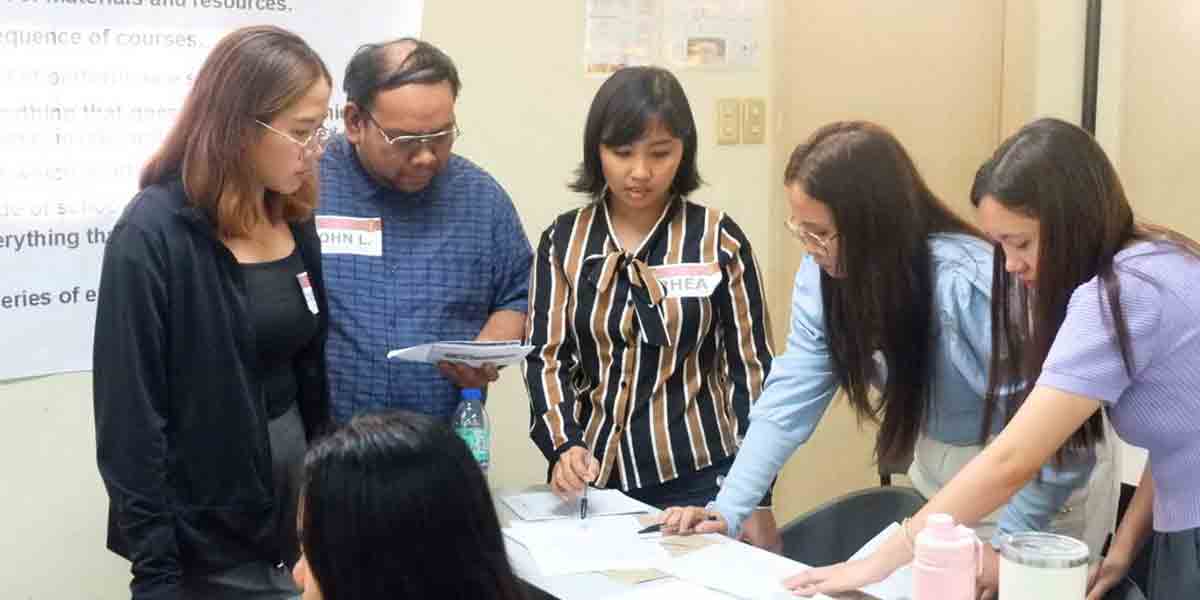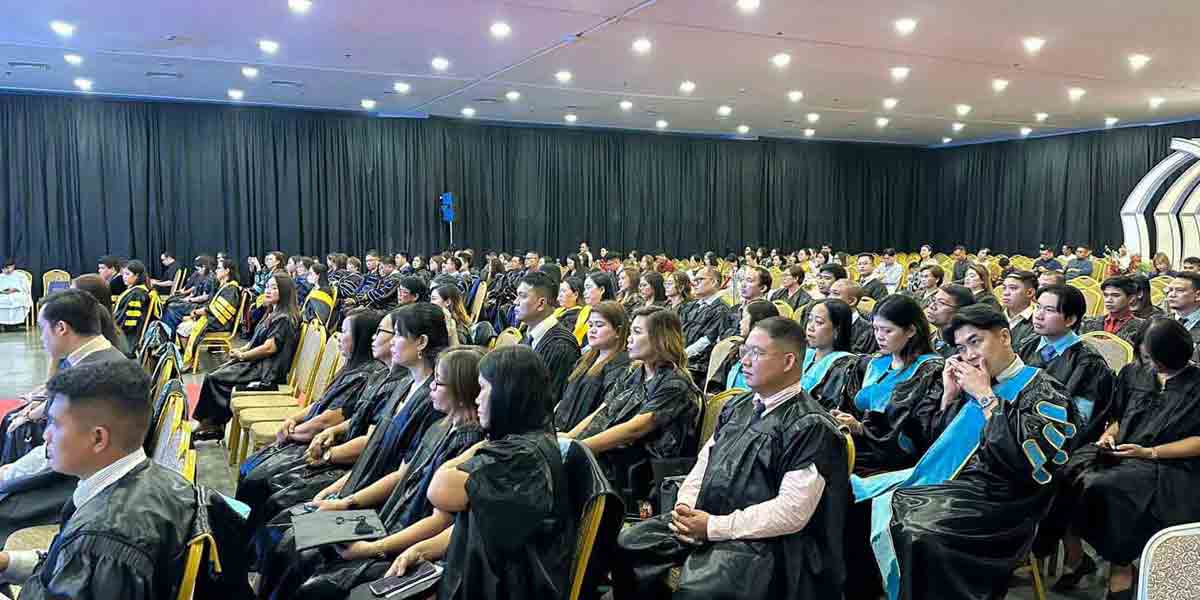On Wednesday, March 6, 2024, Department of Science and Technology (DOST) Balik Scientist Dr. Marife B. Anunciado shared the R&D initiatives being accomplished in Davao to determine air pollutant concentration and distribution through mapping techniques.
Through her host institution, the Department of Environment and Natural Resources – Environmental Management Bureau at Region 11, the project is able to generate a standard operating procedure to address air pollutants in the province.
The Balik Scientist Program (BSP) engagement came as a response to the need of the host institution to provide the status of air quality to the public in a timely manner to protect people’s health. Davao City region is rich in development opportunities. However, progress and economic development also provides an avenue for overpopulation, pollution in air and water, burning fossil fuels, and deforestation.
The creation of the Balik Scientist Program encourages overseas Filipino scientists and professionals to return to the Philippines, and share their expertise to accelerate the scientific, agro-industrial and economic development of the country. It aims to strengthen the scientific and technological human resources of academic, public and private institutions in order to hasten the flow of technologies and stimulate the development of new or strategically important technologies. From 1975 to present, we have a total of 644 Balik Scientists under 844 engagements.
Through the engagement of Dr. Marife B. Anunciado, the Philippines is able to get technical expertise on natural resource management, pollution control and mitigation. Dr. Anunciado leads capacity building initiatives on mapping air pollutant concentration and distribution in Davao.
This need came in the light of when the Philippines ranked 69th in the most polluted air in the world as of 2022 by the World Air Quality Report from the Swiss air quality technology company (BusinessWorld, 2023). Diseases associated by the World Health Organization to air pollution are lung cancer, acute lower respiratory infection, stroke, ischemic heart disease and chronic obstructive pulmonary disease. Additionally, the 2020 Regional State of Brown Environment Report considers Region XI in the Philippines, on a “Good” to “Fair” classification level based on a short-term Air Quality Index (AQI). As part of the recommendations of the report to improve air quality, Region XI envisions to increase the effectiveness of ambient air quality monitoring to collect enough data to protect public health from health-associated effects to air pollution. An air dispersion model was conducted for Davao City airshed using 2018 data, but no information was produced after that year.
“Our country’s progress is dependent on the viability of our natural resources, our environment and the healthy state of our workforce,” said DOST Undersecretary for R&D Leah J. Buendia. “Through R&D programs like the BSP, DOST is able to support government agencies like DENR and the local government to gain technological advances that will support policy and environmental management initiatives. This is the way R&D gives a positive impact to our community and our country.”























